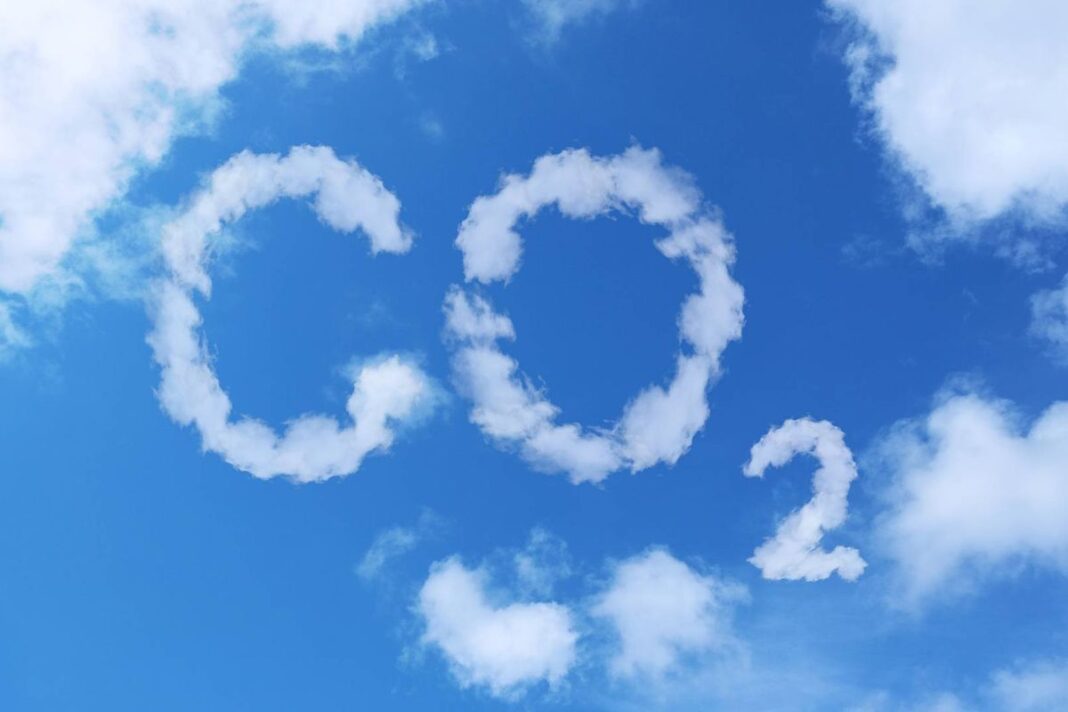A group of scientists from the University of Miami an alarming environmental discovery: it turns out that as more carbon dioxide is released into the atmosphere due to global warming, the greenhouse gas becomes increasingly more potent. Avoiding the severe impacts of climate change “Our finding means that as the climate responds to increases in carbon dioxide, carbon dioxide itself becomes a more potent greenhouse gas,” said the study’s senior author Brian Soden, a professor of atmospheric sciences at the Rosenstiel School. “It is yet further confirmation that carbon emissions must be curbed sooner rather than later to avoid the most severe impacts of climate change.
” To come to this disturbing conclusion, the researchers made use of cutting-edge climate models and other techniques to analyze the impact of rising CO2 levels on the stratosphere. They were able to extrapolate that as the stratosphere cools due to climate change, successive increases in carbon dioxide have a greater heat-trapping effect than prior increases, making the greenhouse gas more effective at warming the planet. This outcome severely impacts radiative forcing, a concept used in climate science to quantify the change in energy balance in the earth’s atmosphere due to certain factors that influence the planet’s energy budget.
“This new finding shows that the radiative forcing is not constant but changes as the climate responds to increases in carbon dioxide,” said Ryan Kramer, a physical scientist at the National Oceanic and Atmospheric Administration’s (NOAA) Geophysical Fluid Dynamics Laboratory. The work was conducted using climate model simulations provided by The Coupled Model Intercomparison Projects as well as “offline” radiative flux calculations and analytical models. What the new data means All this means that we can expect future carbon dioxide rises to have a greater warming effect on the climate than equivalent increases reported in the past.
Since the primary source of the increased carbon dioxide in the atmosphere is the burning of fossil fuels such as coal, oil, and natural gas for energy in power plants, industrial facilities, transportation, and residential activities, it is important that we get these activities under control. Currently, international efforts and agreements, such as the Paris Agreement, have been implemented worldwide to limit global temperature increases by reducing greenhouse gas emissions, including those of carbon dioxide. Some strategies for mitigation include transitioning to renewable energy sources, improving energy efficiency, and implementing policies to protect and restore forests.
But is that enough? The new research highlights the fact that carbon dioxide’s impact on the planet may be exponential, indicating a greater need to tackle the greenhouse gas immediately. Future policies will need to integrate this new data if they want their climate mitigation efforts to continue being successful in the constantly evolving environmental landscape. The study in When evaluating the effect of carbon dioxide (CO2) changes on Earth’s climate, it is widely assumed that instantaneous radiative forcing from a doubling of a given CO2 concentration (IRF2×CO2) is constant and that variances in climate sensitivity arise from differences in radiative feedbacks or dependence of these feedbacks on the climatological base state.
Here, we show that the IRF2×CO2 is not constant, but rather depends on the climatological base state, increasing by about 25% for every doubling of CO2, and has increased by about 10% since the preindustrial era primarily due to the cooling within the upper stratosphere, implying a proportionate increase in climate sensitivity. This base-state dependence also explains about half of the intermodel spread in IRF2×CO2, a problem that has persisted among climate models for nearly three decades. .
From: interestingengineering
URL: https://interestingengineering.com/science/global-warming-is-making-carbon-dioxide-increasingly-more-potent



